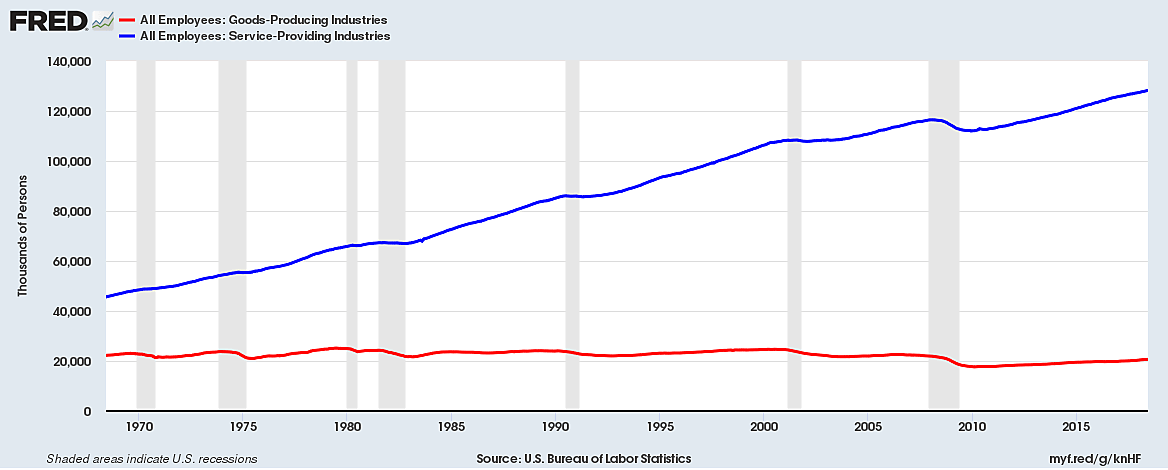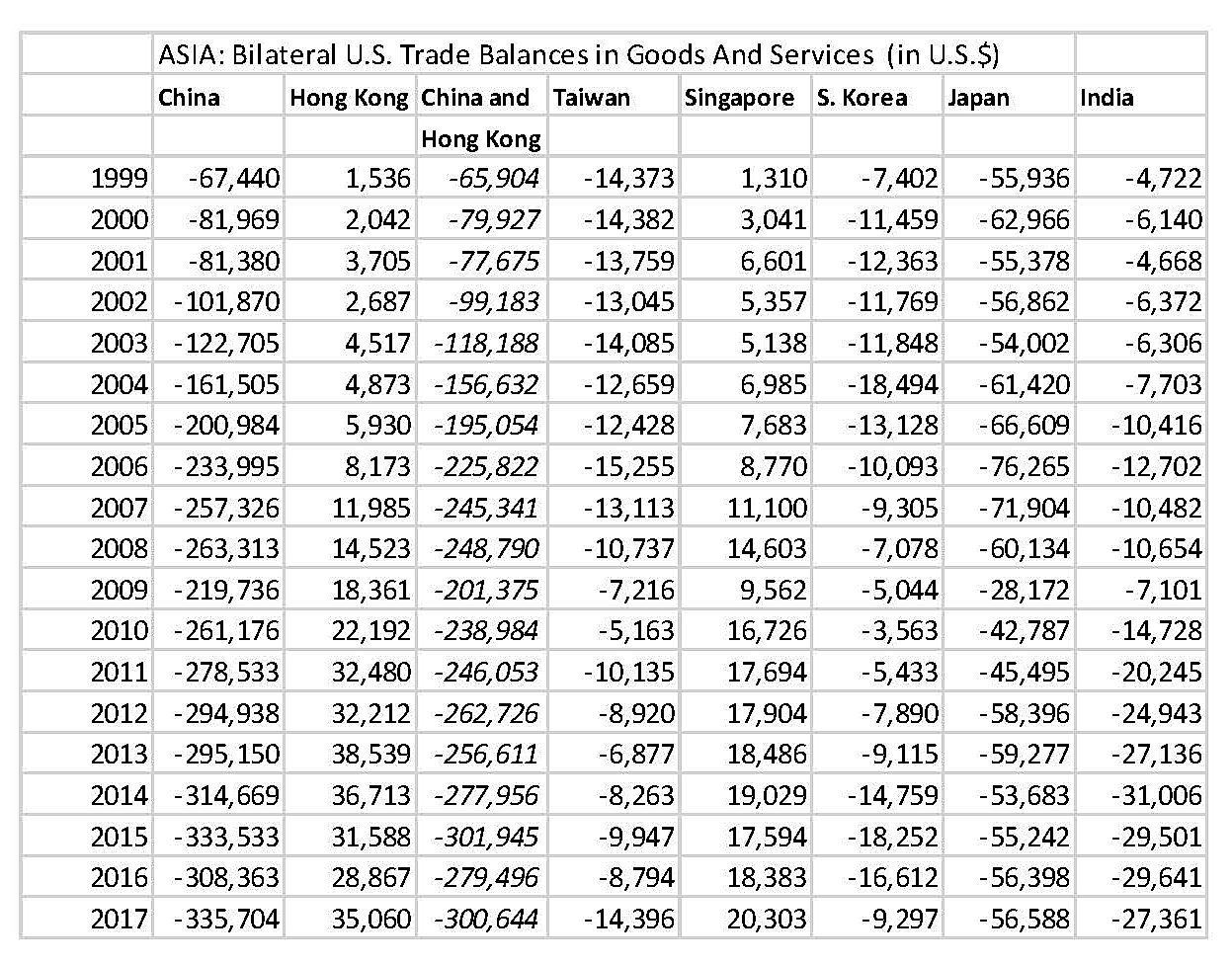This morning, USA Today published an article by Brad Heath that examined data showing Baltimore (City) Police Department (BPD) activity slowed at the same time Baltimore homicides infamously spiked since 2015. The piece is worth reading in full and the data deserves a more detailed response, but at the outset it’s important to note what the data do not say.
Several comments by current and former members of the BPD quoted in the piece say that front line officers are unwilling to do their jobs because of the public backlash to Freddie Gray’s death. Recall that, following a chase, several Baltimore police officers shackled Freddie Gray but left him unsecured in the back of a police van—strongly resembling what is colloquially known as a “rough ride,” an unofficial retaliation for making police officers chase someone, also known as a “run tax”—and Gray consequently died of a broken neck suffered in that van. The subsequent though unsuccessful criminal prosecutions of the BPD officers involved for what looked like an illegal extrajudicial punishment that led to a man’s death, apparently, discourages front line officers from being proactive to keep the community safe. And, one way to look at the USA Today data is to say that, as a consequence of this slow down, murder rates have jumped precipitously.
It is a damning indictment indeed if BPD officers feel they need the freedom to needlessly kill Baltimore residents to do their jobs effectively. The data certainly shows a work slow-down by Baltimore officers and that slow-down may, in fact, be one factor that partially contributes to the rise in homicides. But that front-line officers feel this way about the people they are sworn to protect reflects a mindset that is anathema to positive police-community relations and thus endangers the community that has no reason to trust its police force.
Rather than being the cause of Baltimore’s murder spike, the BPD work slow-down is more likely just one symptom of an unhealthy departmental culture. As a result, that department has repeatedly proven itself unworthy of the public trust and the community suffers greatly because of it.
Watch this space for more on this topic.

